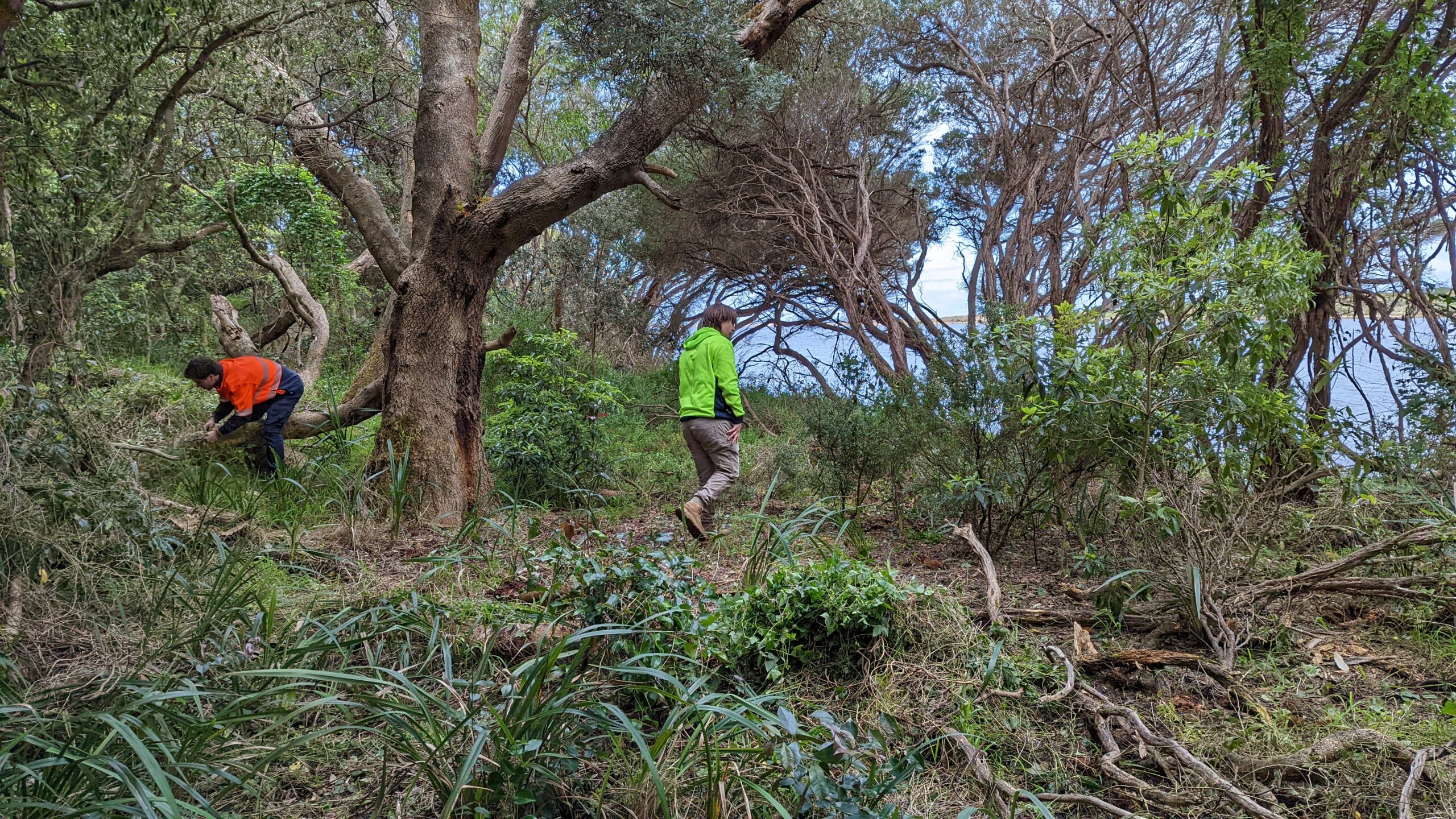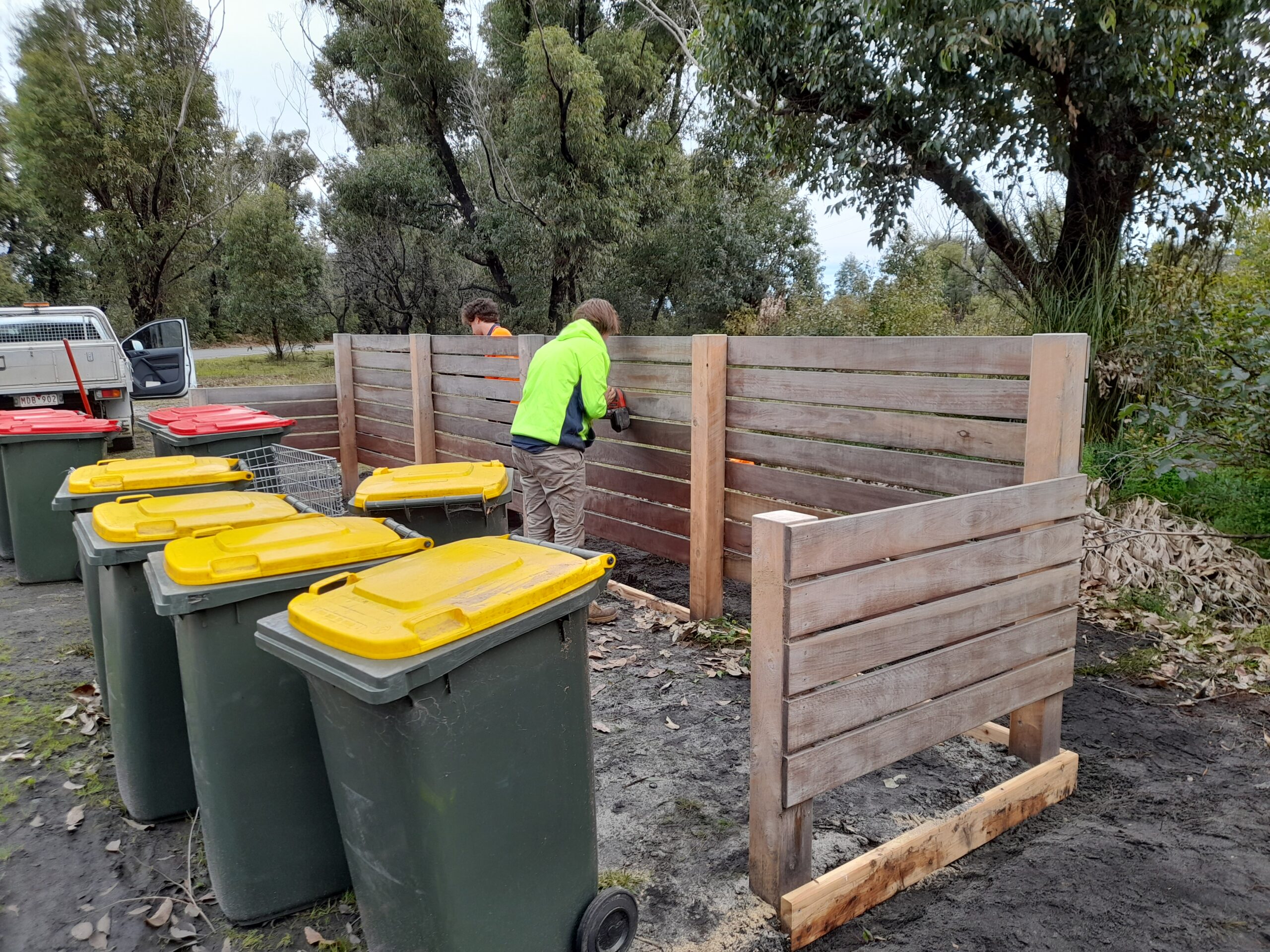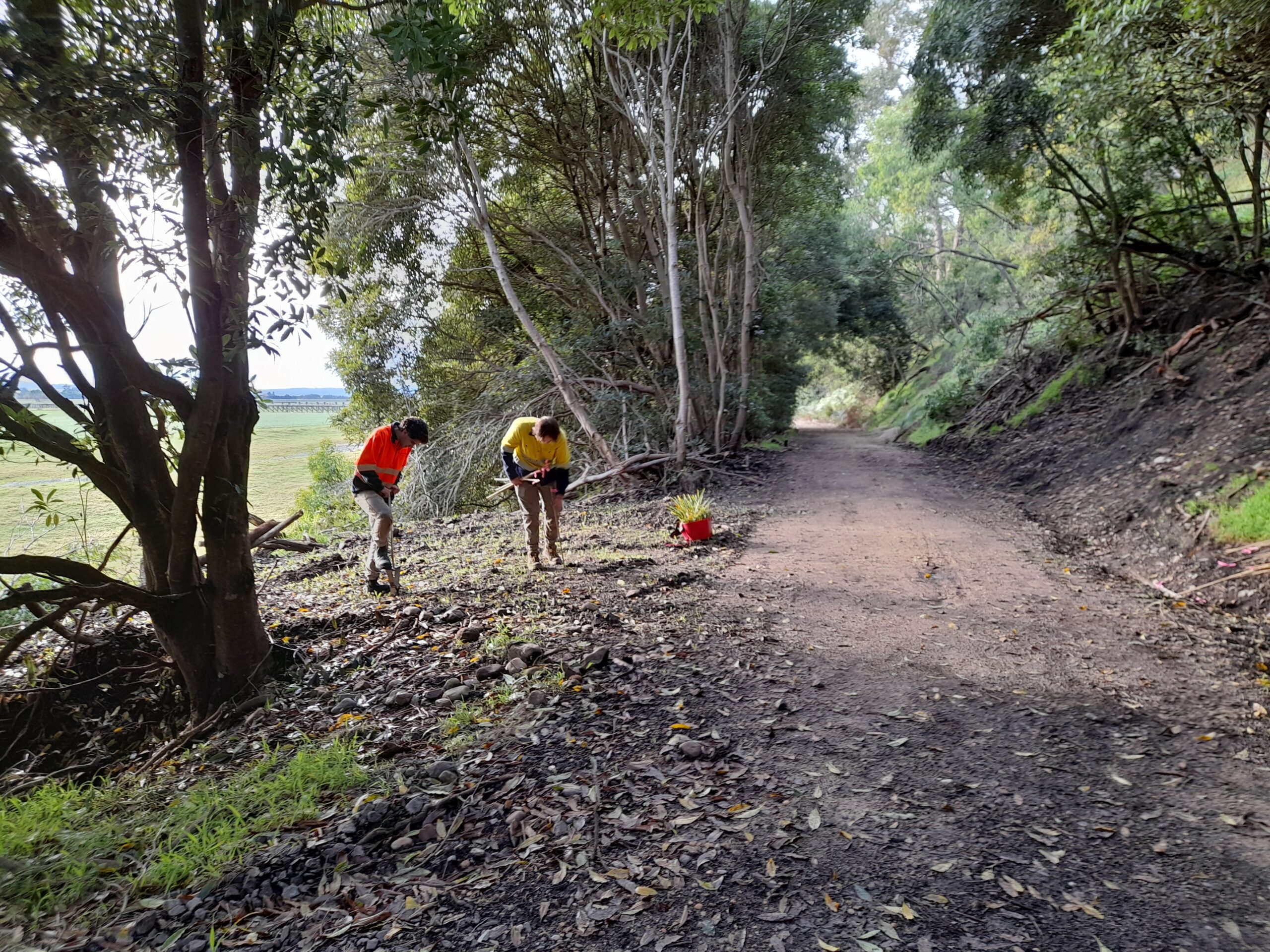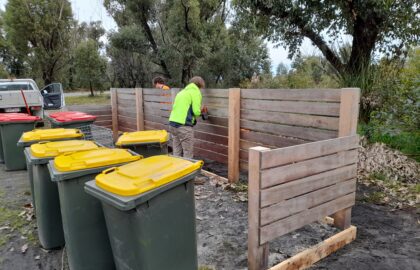East Gippsland School-based Traineeships Program
Conservation Traineeships for Youth Capacity and Bushfire Recovery
Australian Government
Service Classification/s:
East Gippsland, Victoria
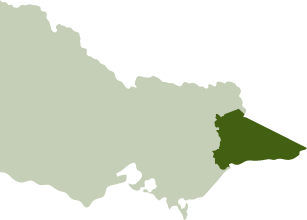
Overview:
Youth disengagement in East Gippsland was exacerbated by the 2019/20 bushfires and COVID-19 pandemic, and stands to have lasting negative impacts on community recovery, capacity and wellbeing. As of November 2021, the Gippsland region had the highest rates of disengaged youth in Victoria. One in five (19%) young people aged 18-24 were not engaged in formal work or study, and youth unemployment is on the increase. Moreover, Gippsland has higher early school leaver rates and lower levels of higher education attainment than the Victorian average.
Fewer tertiary education and vocational training opportunities, poor transport infrastructure, social disadvantage, and inter-generational unemployment contribute to heightened youth disengagement in East Gippsland’s remote communities, such as Swifts Creek, Orbost, Cann River and Mallacoota. Furthermore, the winding down of native forest logging in the region has, and continues to, lead to a loss of rural employment opportunities.
Young people who lack clear pathways to employment in their communities, have few incentives to stay local, or to attend and complete school. There is a pressing need to create novel skills development and employment pathways that engage and improve the future prospects of young people living in East Gippsland’s remote regional communities.
In 2022, Envite and partners pioneered a novel school-based traineeship program that simultaneously addresses youth disengagement while building community capacity and support for bushfire recovery in East Gippsland.
Outcomes:
Envite’s traineeships prioritise getting young people out and engaging with nature, while building their social and natural resources management skills. East Gippsland comprises more than 70% national parks and bushland, and these natural areas are integral to the region’s economy. Building local skills needed to manage East Gippsland’s natural assets may therefore lead to a range of employment pathways for young people (e.g. in ecotourism, parks, forests and fire management, and more). Transferrable skills can also be applied to related sectors, such as farming and forestry, and there is strong evidence to support the mental health and wellbeing benefits of connecting with nature.
Thus, our nature-based education and work experience opportunities are improving the education and employment prospects for school-students in East Gippsland, while also generating a raft of co-benefits for them and their communities.
We began documenting tangible, positive outcomes for youth just five months into our pilot school-based traineeship program in East Gippsland. In an anonymous survey distributed to trainees, five respondents (out of seven trainees in total) expressed benefits of the program in the form of skills development (n=3), networking opportunities (n=1) and as a way to generate income (n=3). Three out of five students said that they are enjoying school more as a result of the traineeship and, of these three, two indicated that this has translated into either (a) improved attendance, or (b) heightened focus and/or motivation while at school. All students indicated that they thought the traineeship would be useful in helping them to secure employment after school.
This project was proudly, majority-funded by the East Gippsland Community Foundation. Additional support was provided by Bushfire Local Economic Recovery Program, jointly-funded by the Victorian and Australian Governments. Envite is also grateful to TAFE Gippsland and WestVic Staffing Solutions for their roles in the success of this program.
Related links:
Click on the image to enlarge


